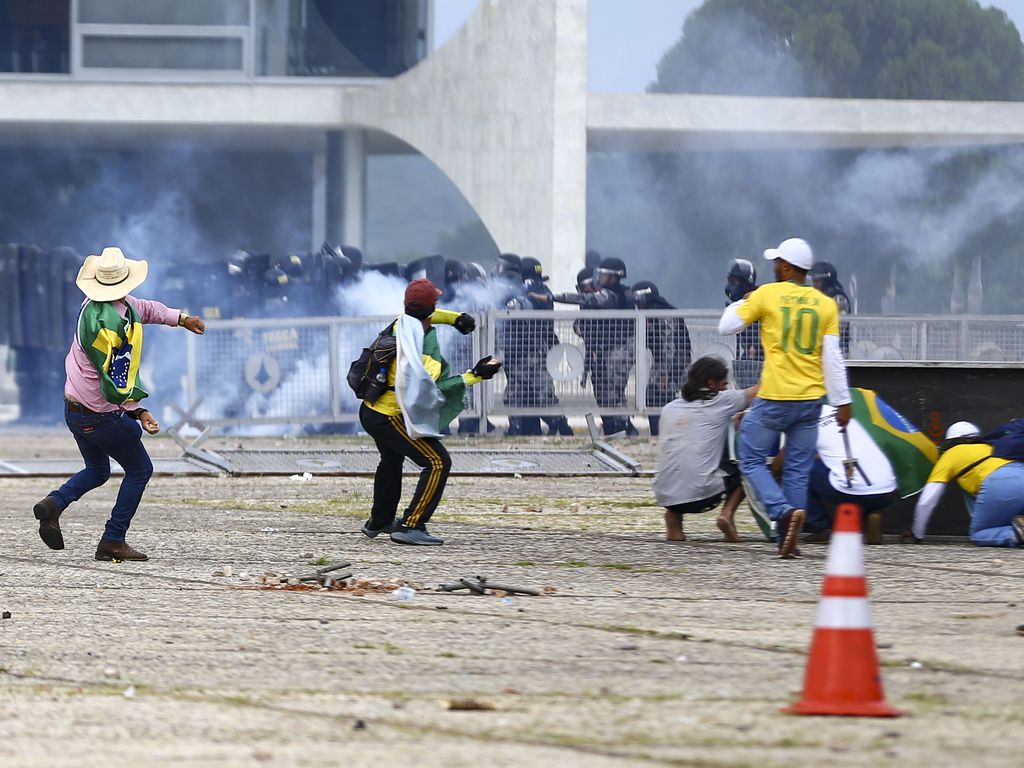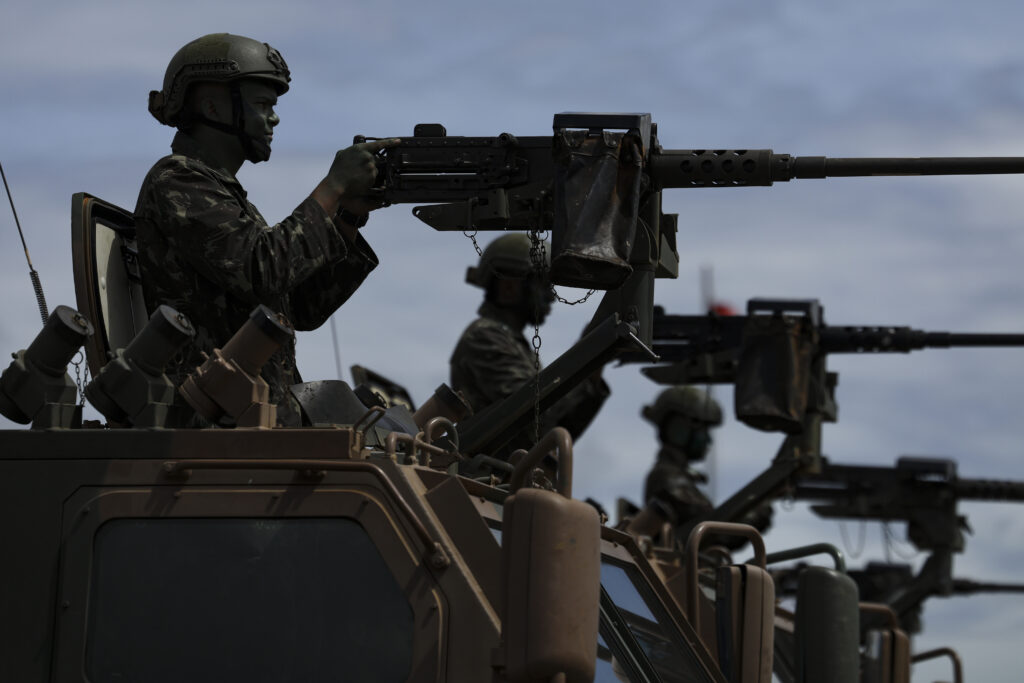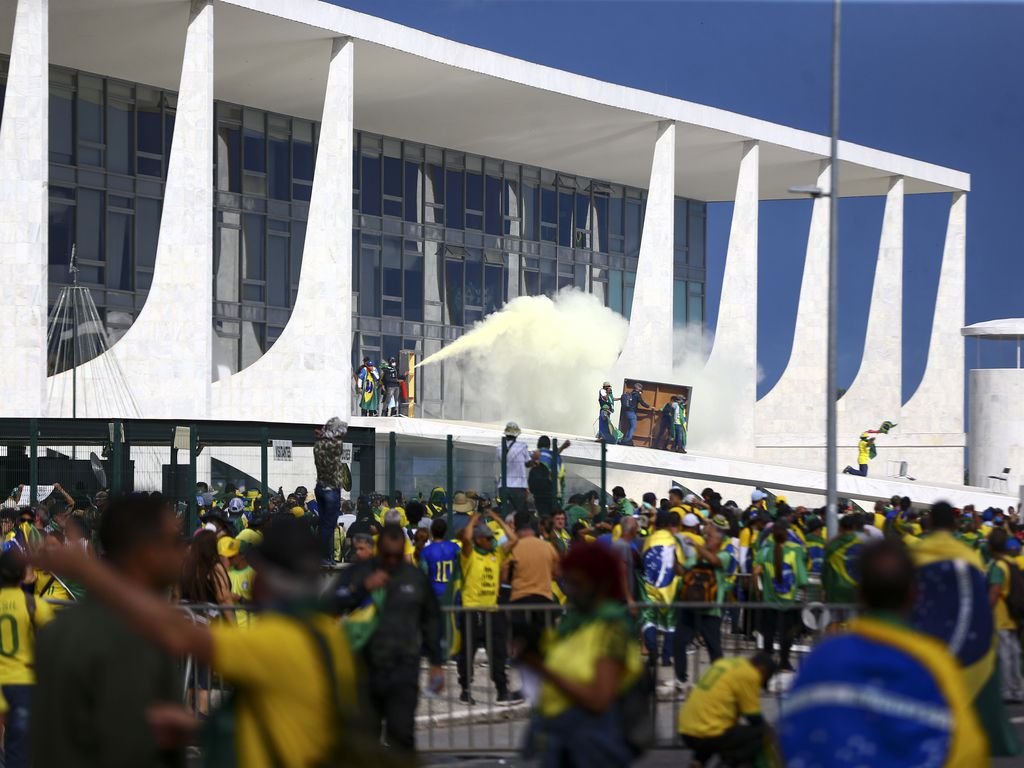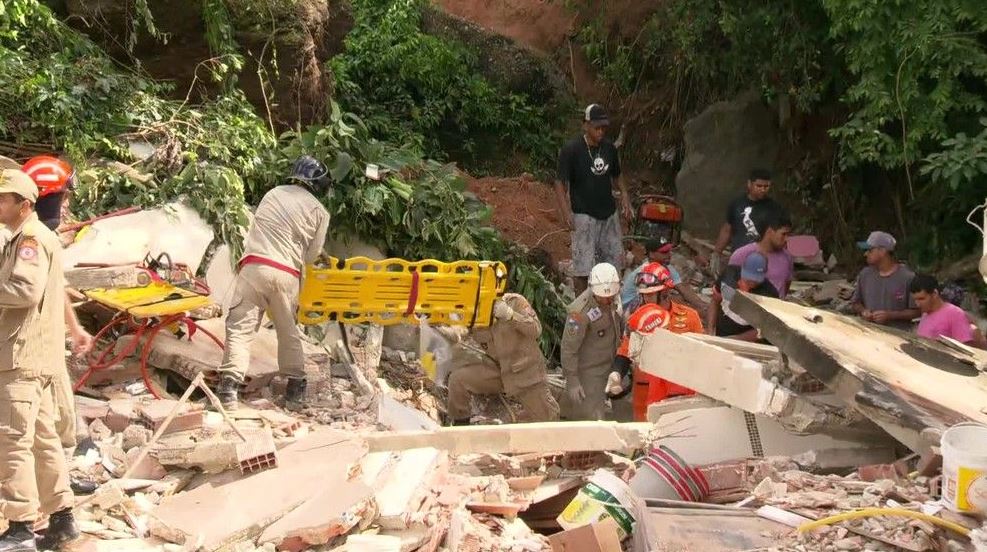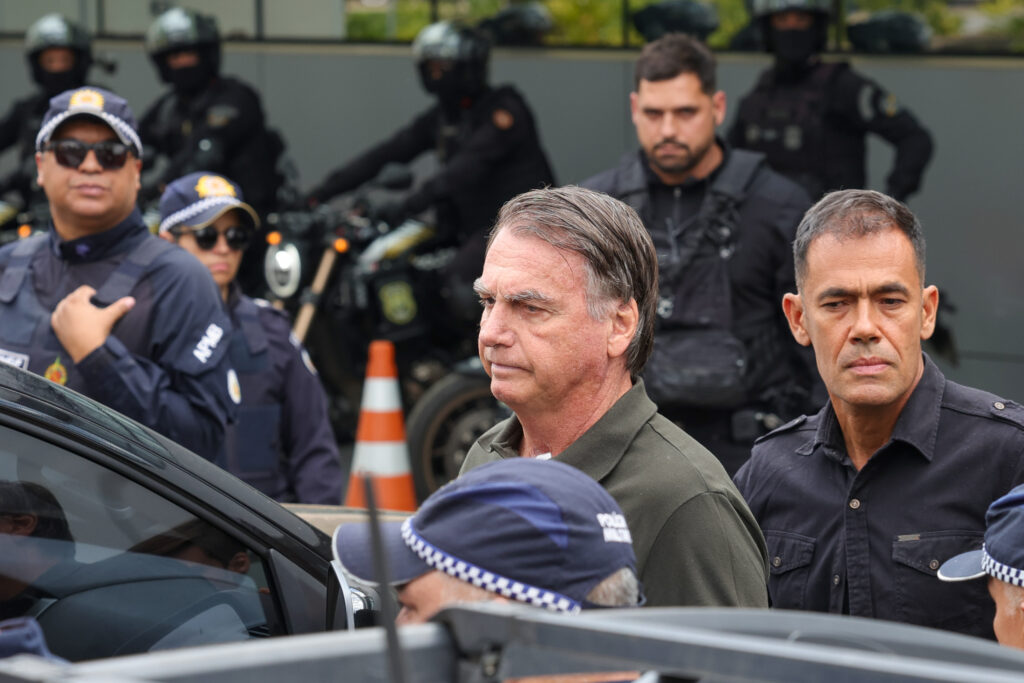São Paulo, Brazil – More than 800 supporters of former President Jair Bolsonaro have been accused of vandalism and other crimes by a Brazilian task force set up to investigate the January 8 attacks on the country’s government headquarters.
More than 1,500 people were arrested on or after January 8 in and around Brazil’s capital, Brasília — some after having camped out for months in front of army barracks where they pleaded with the military to overturn the election of President Luiz Inácio Lula da Silva.
Brazil’s Supreme Court ordered state and federal courts in Brasília to create a task force in order to streamline custody hearings for those who had been arrested.
Custody hearings are provided for in Brazilian law and are mandatory for all persons who are arrested in the country. According to the law, up to 24 hours after the arrest, the suspect must appear before a judge, who will analyze the legality of the prison.
The task force included 77 judges and 287 employees from the two courts, assigned specifically to this legal endeavor. Custody hearings for all of those held were reportedly completed in less than a week, thanks to the amount of resources available.
The courts released almost 500 prisoners for “humanitarian reasons,” such as health problems, advanced age and mothers of young children. Currently, around 900 people are still behind bars in Brazil’s capital.
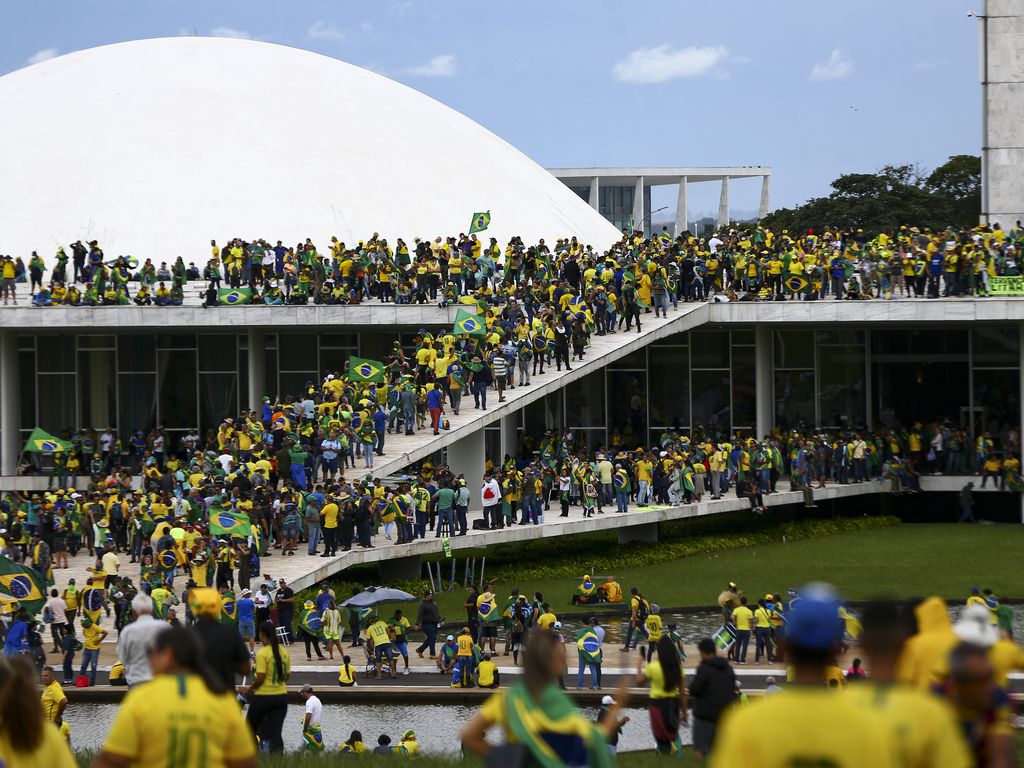
835 accused of vandalism so far
In relation to the January 8 attacks, Brazil’s Public Ministry has defined four different investigation fronts:
- Investigating the intellectual authors of the January 8 attacks.
- Investigating the financiers.
- Investigating those who actually executed the attacks on the offices on January 8.
- And investigating any government authorities that were complicit or acted negligently ahead of and during the attacks.
So far, the ministry has charged 835 people with acts of vandalism. They are also accused of criminal association and for inciting animosity against the constitutional powers. In addition to a prison sentence, the Public Ministry requested that those found guilty pay the maximum fines provided by the law for the collective moral damages.
The Public Prosecutor’s Office also reported that it will file more charges against rioters. To speed up the processes, the Public Ministry opened a national register for prosecutors across the country to help in the work of prosecuting those who attacked the capital.
“Everyone who took part in these acts will be held accountable, and precisely because they live in the democratic regime they intend to silence, they will be held accountable with justice,” said the head of the Public Ministry Augusto Aras.
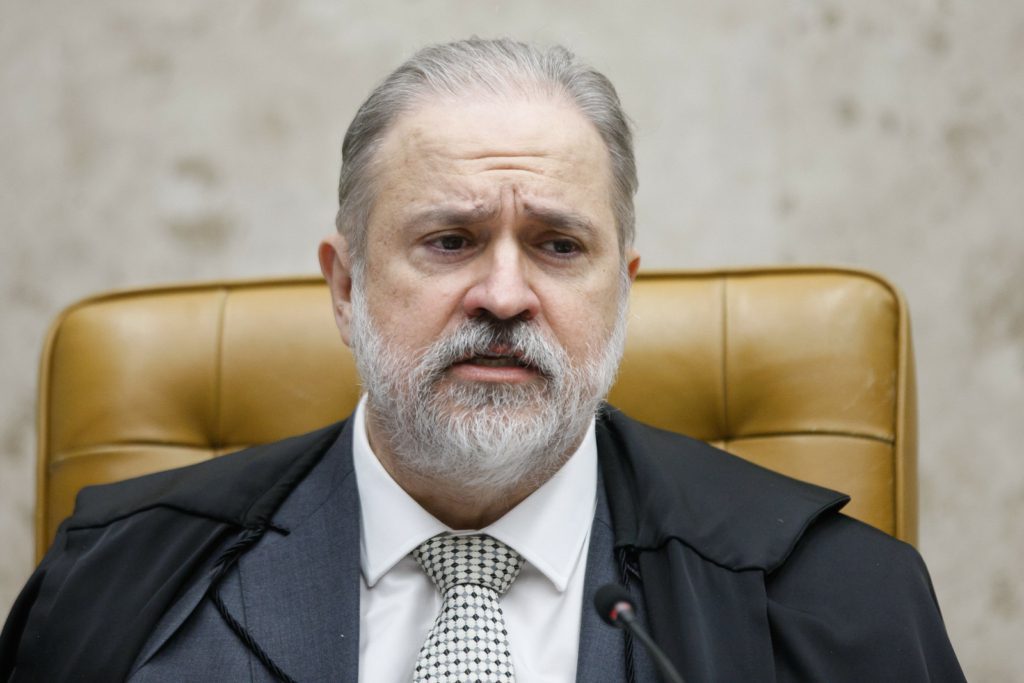
According to lawyer Fernando Scaff, there are at least three types of accountability in this case: Criminal accountability, which means condemning and imprisoning the accused; the political accountability of public agents who incited or supported the acts; and the accountability of those who financed vandalism and the camps outside of military barracks.
“What definitely cannot be done, under the false argument of freedom of expression, is to leave acts like these unpunished,” said Scaff.
According to lawyers Fernando Barboza Dias and Julia Mariz, the biggest difficulty facing prosecutors will be to prove the negligence of authorities who had a legal obligation to act to quell or prevent the attacks. They also believe that all of the people involved in the attacks should be punished for “attempting to violently abolish the democratic rule of law.”
Fines for funders of the acts
The Advocacy-General of the Union (AGU), the agency responsible for legal affairs of the federal government, has also acted firmly to hold accountable people and companies that financed the trip of coup plotters to Brasília.
So far, 178 people, two companies, an association and a union have been charged. The AGU asks in court the payment of at least R$ 20 million (USD 4 million) from all the financiers, whether people or companies.
According to the agency, in a democratic system, such as Brazil, “it goes against the customs of democracy and good faith to finance a movement or demonstration with the aim of taking power, a situation that highlights the illegality of the case”.


